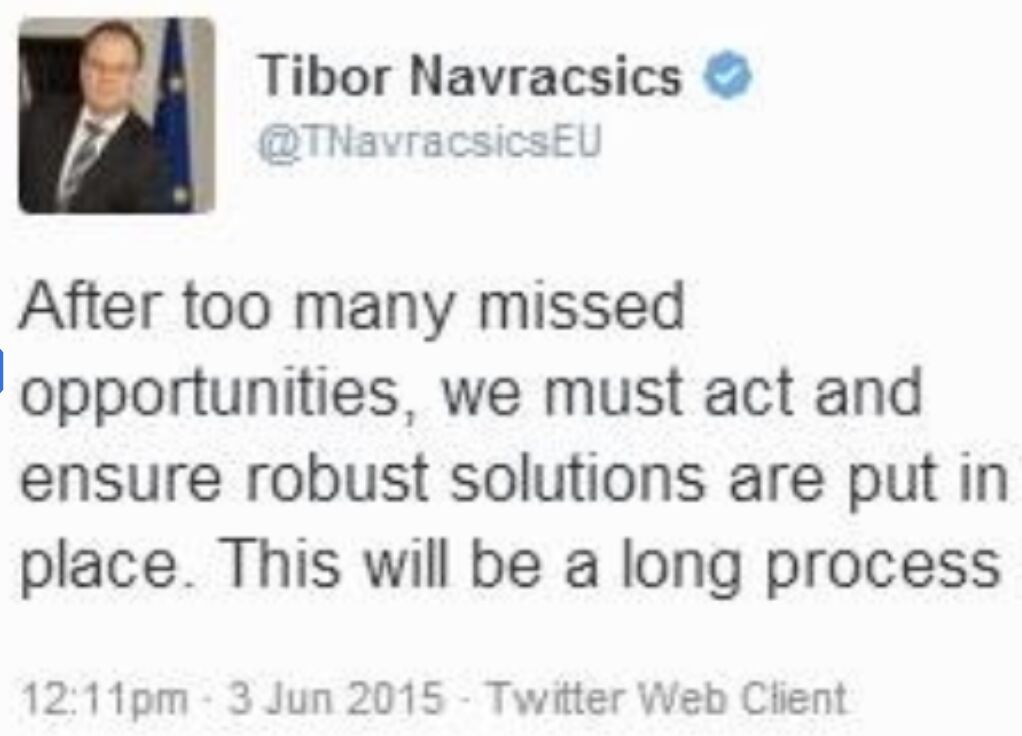By continuing to browse, you accept the use of cookies. To learn more about the use of cookies and our approach to data privacy, click here.
Blog Post
March 28, 2025
By
Jacques Foul
AI Isn’t Perfect—Here’s How to Work With It
Many people avoid AI because its responses can be generic, jargon-heavy, or just plain wrong. Why? AI is designed to please, not to be perfect. It prioritizes speed over accuracy.

AI is not 100% reliable.
Here's why:
Many people don't like using AI.
Because AI responses are often:
- generic
- filled with jargon
- incorrect (worse)
That's because AI tools want to please us.
They've been trained to come up with answers fast.
So sometimes, you get fast answers with no accuracy.
Making these answers useless.
What's the way around this?
Use the 80/20 rule.
Don't expect 100% perfect answers.
Expect 80% and spend more time correcting results.
This will lower your expectations.
And reinforce the idea that you're still accountable for what you produce.
If you want to get even better results, do this:
- explain exactly what you don't want
- provide more details (language, structure, etc.)
- request sources to verify if the content is correct
- upload a reference document to support your request
I'm curious, how do you get better results with AI?
Watch the video here: https://youtube.com/shorts/ETfKUwlEiYY
Talk to you later 👋
*This was originally posted on Jacques Foul's LinkedIn account.

